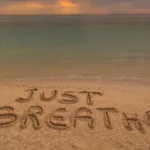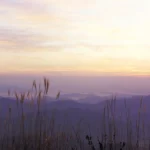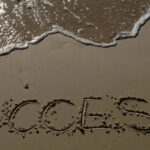Lao Tzu describes Qi
Before the birth of the universe, there was something
formless and perfect.
It's quiet. Empty. Lonely. Immutable. Infinite.
Eternally present.
From her, as from a mother, everything living came into being.
It has no name, so I will call it Tao.
There is no limit.
Therefore I will call it the Infinite.
It flows through all things within and without
and returns to the origin of all things.
There it is infinite, it manifests itself as the vastness of the sky.
It manifests itself as the vastness of galaxies, stars and planets.
It manifests itself as human life.
Tao Te Ching. Verse 25
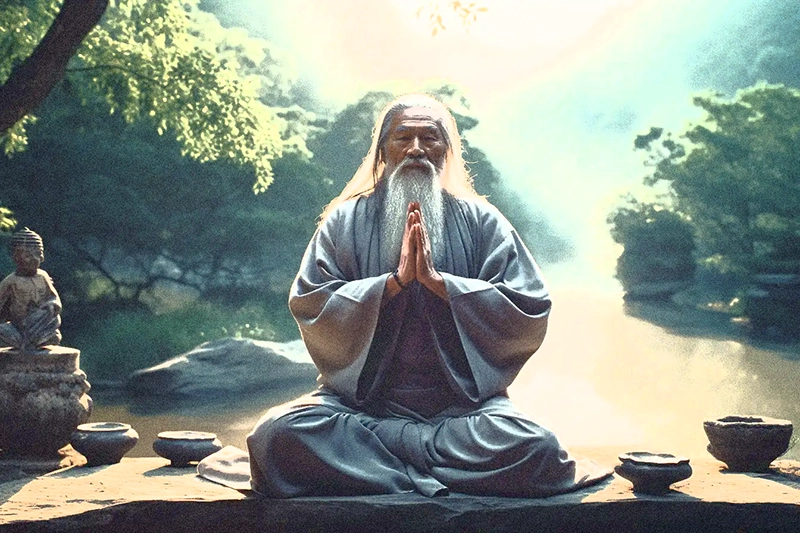
Qi and Jing Qi Shen. The basic way of thinking.
For over thousands of years, the Chinese have recognized Qi as life force or life energy, which is the fundamental building block of the universe and living beings.
There are two types of Qi:
- the life energy of the universe (universal, external Qi) and
- the life energy in the human body (internal Qi).
According to Qigong theory, the life process involves the healthy interaction and exchange between the universal Qi from nature and our inner Qi.
Because man and nature are one.
According to traditional Chinese medicine theory, Qi flows through the human body along a network of Qi channels, or meridians. Metabolic processes rely on Qi and Qi is in turn generated by the metabolic process.
So energy converts into matter and matter converts into energy.
It follows that illness and disease are the result or manifestation of blocked Qi or deficient Qi and restoring good Qi flow in turn restores the health of the body.
- JING refers to the physical body and structures such as cells.
- QI is the life force or energy source.
- SHEN is roughly translated as mind/consciousness.
Consciousness (Shen) is the master of Qi, while Qi governs the physical body (Jing). Likewise, the body nourishes Qi and Qi nourishes consciousness. This holistic view of the human being as an integration of Jing-Qi-Shen forms the basis of Qigong healing and therapy.
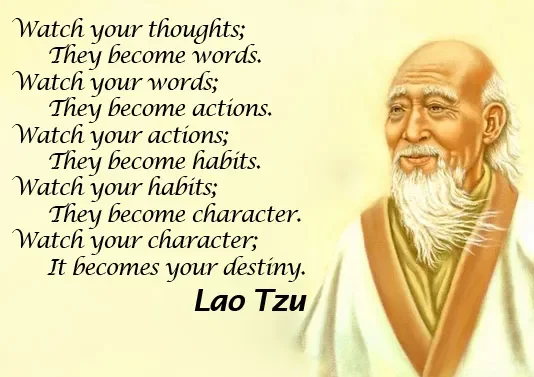
Achte auf deine Gedanken – sie werden Wörter.
Achte auf deine Wörter – sie werden zu Taten.
Achte auf deine Taten – sie werden Gewohnheiten.
Achte auf deine Gewohnheiten – sie werden dein Charakter.
Achte auf deinen Charakter – dieser wird deine Bestimmung.
Read this quote again!
Lao Tzu – the legendary founder of Taoism
Lao Tzu, the fascinating pioneer of Taoism, gave us profound and timeless wisdom that invites us to live in harmony with ourselves and the natural world. Its philosophical principles encourage simplicity, flexibility, detachment and aligning our actions with the organic flow of nature. If we heed Lao Tzu's advice to move effortlessly, be adaptable, maintain calm, and exercise moderation, we can find greater fulfillment, wisdom, and serenity in our hectic modern lives
His philosophical masterpiece, the Tao, has been enchanting for more than 2,500 years Te Ching, the readers with its poetic verses and insightful instructions for living in harmony with the Tao, the Way. At the heart of Taoism is the alignment of human actions with the natural ups and downs of the universe. Lao Tzu promoted Wu Wei, which means effortless action or “non-doing” – following the natural flow of things rather than imposing one’s will. This timeless philosophy offers guidance that can reduce struggle and suffering by showing us how to live in harmony with ourselves and the world around us.
If you have time, here is a wonderful video/audio book. BUT: this in German language.
Please check in YouTube for other languages.
*1)
A paradigm is a fundamental way of thinking. The word comes from the Greek παράδειγμα parádeigma. Translated, it means “example, role model, pattern” or “demarcation, explanatory model”, also “world view” or “worldview”.





